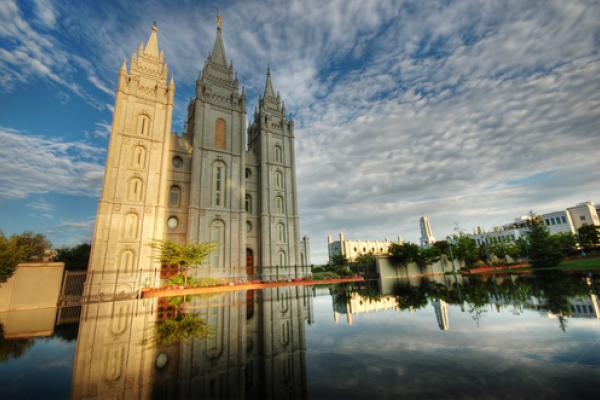Mar 1, 2012
WASHINGTON — The founders of the Republican Party saw Mormons as their enemies. And the first Mormon leaders didn't have much nice to say about the GOP, either.
You would never know it now — one recent poll showed three-quarters of Mormon faithful lean toward the GOP — but the two groups had an acrimonious start, fueled largely by the early Mormon practice of polygamy.
As Mitt Romney presses his bid for the Republican nomination for president, many Americans don't realize how his Mormon faith played an important role as foil in the early days of the GOP — and how its first candidates catapulted to power in part by whipping up anti-Mormon sentiments.
Read the Full Article

Already a subscriber? Login
